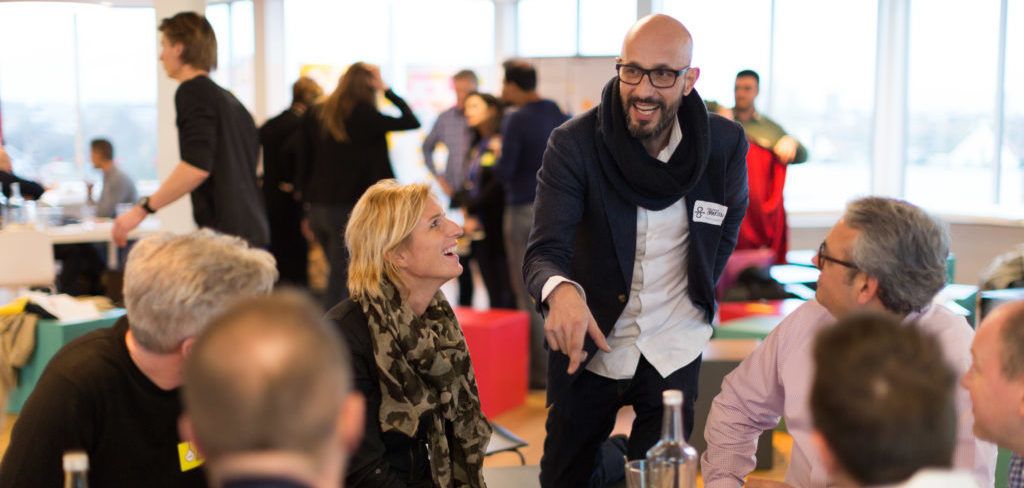“He made the mistake of telling his employees he was the boss.”
This was the verdict of a client of mine, a CEO, after he attended the first employee briefing given by his new CFO, an international recruit: “I told him never to do that again. He will surely lose their trust.”
Danes do not want to be bossed around – and basically don’t want a boss at all (fun fact: 99.7 percent of Danish companies are SMEs).
Even if we have to have one, the boss has to pretend not to be one.
Like the Invisible Man
But wait! Don’t Danes appreciate honesty – perhaps even bluntness?
Sure, they do. But they don’t like you being too vocal about power. That has to be done very delicately – if not completely invisibly.
You might say: “If I am not allowed to say I’m the boss, how will they know I’ve decided something?” And you are not alone. Many international employees struggle with this according to our research at Project Onboard Denmark.
But believe me, your employees know you’re the boss. You can spot a boss in a Danish workplace by how softly spoken they are – the softer the delivery, the higher up the food chain they are.
There’s no need to speak in caps lock when everyone knows they should pay attention (or at least outside corporate level interactions, when spectacular Wolf of Wall Street-style diatribes are permitted – but that’s another story!).
Meaningfulness over might
Leadership in Denmark involves delicately balancing authority and collaboration.
So, rather than being an authoritative figure who dictates every move, aim to be a facilitator and guide. Think of yourself as a trusted partner who provides support and empowers employees to excel in their roles.
While you may have an irresistible urge to micromanage every detail, resist the temptation.
As you navigate the Danish work landscape, it’s important to establish genuine connections with your team. Danes appreciate a leader who takes the time to understand the diversity of talent in the team and who understands individual strengths, aspirations and challenges.
Engage in meaningful conversations, listen actively, and foster an environment of open dialogue.
Don’t take it personally
This is not a waste of your time. It is gathering information for your strategic thinking – and at the same time earning the respect of your employees and creating a space where they feel comfortable sharing their ideas and concerns.
In Denmark, we say: “Det handler ikke om dig” (it’s not about you).
It’s a gentle reminder that any perceived lack of respect isn’t personal; it’s just how we roll. We question authority and have a mischievous knack for poking fun at experts and people in high places.
So, don’t take it to heart when your employees give you a hard time. Consider it a recognition of your leadership role if they affectionately tease you, and don’t hesitate to join in with the banter – as long as it is self-depreciating.


